News
News from CESSDA
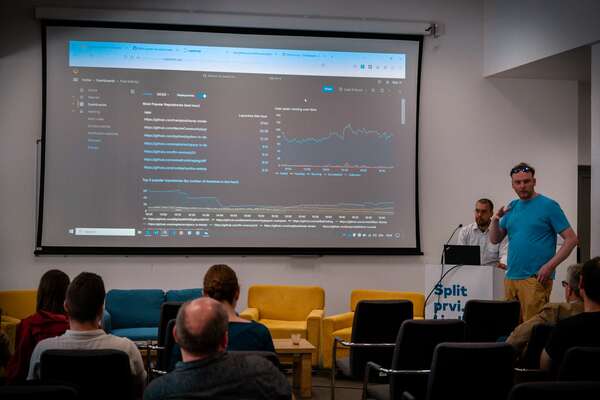
Enhancing Reproducibility in Computational Social Science: Workshop Highlights
The fourth and final workshop of the CESSDA Conference 2024, titled "From MyBinder to JupyterHub: Enhancing Reproducibility in Computational Social Science," was led by Arnim Bleier and Raniere Silva from GESIS - Leibniz Institute for the Social Sciences. This session provided a hands-on overview of tools and strategies to improve reproducibility in computational social science research.
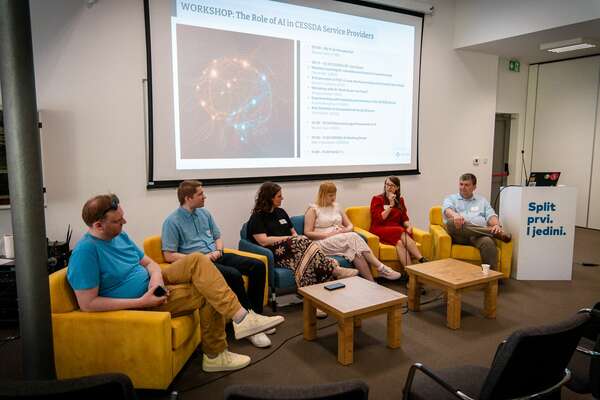
The Role of AI in CESSDA Service Providers: Workshop Highlights
At the CESSDA Conference 2024, the first of four workshops, titled "The Role of AI in CESSDA Service Providers," explored the potential of artificial intelligence (AI) to enhance data archives and research infrastructures. Chaired by Bojana Tasic of FORS, the session brought together experts to discuss how AI can revolutionise the field.
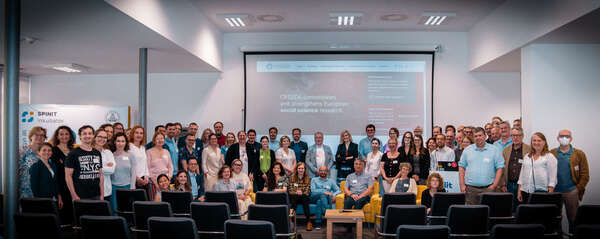
CESSDA Conference Science Day 2024: Key Takeaways and Highlights
On 12 June 2024, the CESSDA (Consortium of European Social Science Data Archives) Conference Science Day convened a series of insightful sessions addressing contemporary challenges in data collection within the social sciences. The conference brought together experts from various countries to discuss topics ranging from data preservation in crisis situations to metadata interoperability. It took place at the UNIST Technological Park in Split, Croatia.
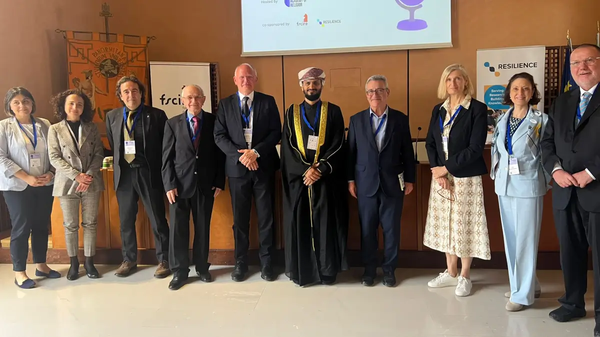
Scientific Diplomacy Forum at #EuARe2024: Enhancing Diplomacy through Research and Science
On 20 May 2024, the European Academy of Religion hosted the Scientific Diplomacy Forum at the historic Palazzo Steri in Palermo, Italy. The event, co-sponsored by RESILIENCE Research Infrastructure and FSCIRE – Fondazione per le Scienze Religiose, gathered diplomats, politicians, and scholars to discuss the critical role of research infrastructures and scientific programmes in enhancing diplomacy.

Driving Open Science forward: Switzerland founds the SSHOC-CH open cluster
On April 24, 2024, in Bern, Switzerland, over 60 representatives from various national research infrastructures, the Swiss nodes of European ERICs and long-term projects within the social sciences and humanities met to establish the “Social Science and Humanities Open Cluster Switzerland (SSHOC-CH)”. This initiative aims to enhance collaboration, find synergies among social sciences and humanities infrastructures, and coordinate national resources to better support SSH scholars in their research and in managing their data in the spirit of Open Science and FAIR principles.
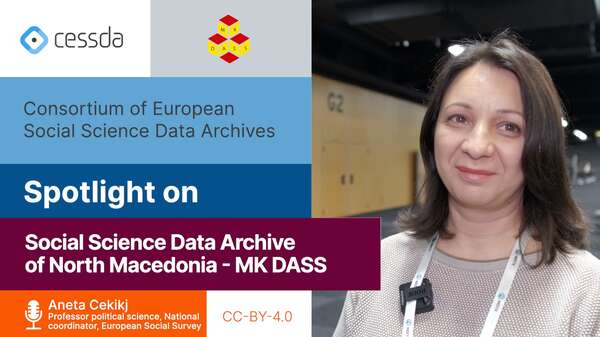
CESSDA Spotlight on the Social Sciences Data Archive of North Macedonia
The Social Science Data Archive of North Macedonia (MK DASS) is in the process of becoming a national infrastructure and North Macedonia is already a member of CESSDA. Hear from Professor Aneta Cekikj.